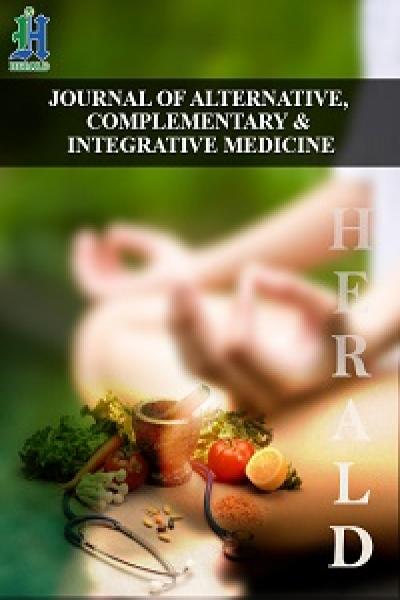
The Shock Syndrome in Dengue and the Homeopathic Remedy Apis mellifica
*Corresponding Author(s):
Cornelia Richardson-BoedlerBerkeley, California, United States
Email:crboedler@aol.com
A review of 2022 has suggested a homeopathic remedy against anaphylaxis, namely Apis mellifica, for the severe condition of dengue shock syndrome, which was shown to have an allergy-like etiology and symptom picture [1].
Dengue is a mosquito-borne tropical and subtropical illness caused by a flavivirus (family Flaviviridae). Several antigenically distinct virus serotypes exist, and infection with one serotype grants a lifelong immunity to that serotype. Sequential infection, if from a serotype different from the one of the earlier infection, may cause the serious form of dengue targeting mostly children, namely dengue hemorrhagic fever and the potentially fatal escalation to the shock syndrome [1-3]. However, this severe form of dengue can also develop in persons with a primary infection [1].
The important mosquito vectors are Aedes aegypti, cosmotropical and Aedes albopictus, which is originally Asian [2,3]. Regions affected by dengue are Asia (South and Southeast), Oceania (such as northeastern Australia, Hawaii, Cook Islands), parts of Africa, Central and South America, Caribbean, Key West (Florida), and the United States-Mexican border [2].
After an incubation period of 3 to 14 days, symptoms suddenly arise, mainly fever (may last up to 7 days), body aches, including joint aches, frontal headache and retro-orbital aching, nausea and vomiting. The fever may decline after a few days and then rebound 12 to 24 hours later. Rashes may occur. A prolonged period of convalescence may follow, with weakness and depression [3].
The critical phase is around the time of defervescence, when the acute dengue illness appears overcome. Hemorrhages may occur and also plasma leakage due to vascular permeability, indicating dengue hemorrhagic fever and the potential development to shock. Thrombocytopenia and manifestations such as petechiae and gastrointestinal, nasal, and gingival hemorrhages occur. In severe cases, decreased blood volume (hypovolemia), causing circulatory disturbances, may lead to sudden fatal shock [3].
The homeopathic remedy Apis mellifica, addressing raised levels of immunoglobulin E (IgE), treats anaphylactic shock from envenomation by bees and wasps. It may address the shock reaction in dengue. Increased vascular permeability, triggered by endogenous vasoactive substances such as histamine and bradykinin, is part of anaphylaxis treated by Apis mellifica [1].
Endogenous vasoactive mediators and raised levels of IgE are associated with the hypovolemia, hypotension, and shock occurring in the serious form of dengue [1]; and this shock is known as caused more often by plasma leakage than blood loss. The leakage in dengue can cause, for example, serous effusion into the pleural cavity [3], a symptom of Apis mellifica.
The remedy may be given early, in the 200c potency, as signs of hemorrhage and circulatory disturbance appear. It is to be repeated, if needed [1].
References
- Richardson-Boedler C (2022) Dengue shock syndrome: its similarity with anaphylaxis and with the homeopathic medicine Apis mellifica (European honeybee). Homeopathy 111: 226-231.
- Goddard J (2013) Physician’s Guide to Arthropods of Medical Importance. CRC Press, USA.
- Gubler DJ (1998) Dengue and dengue hemorrhagic fever. Clin Microbiol Rev 11: 480-496.
Citation: Richardson-Boedler C (2023) The Shock Syndrome in Dengue and the Homeopathic Remedy Apis mellifica. J Altern Complement Integr Med 9: 389.
Copyright: © 2023 Cornelia Richardson-Boedler, et al. This is an open-access article distributed under the terms of the Creative Commons Attribution License, which permits unrestricted use, distribution, and reproduction in any medium, provided the original author and source are credited.

